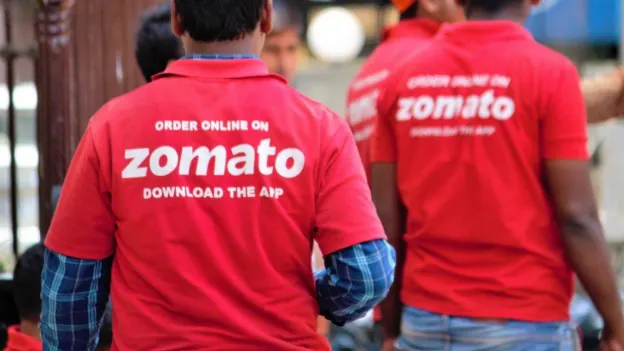India’s middle class is undergoing a structural upheaval, and the cracks are widening. In a sharp diagnosis of the post-Covid economic landscape, Nandita Rajhansa and Saurabh Mukherjea of Marcellus Investment Managers argue that the age of the salaried professional—or “salaryman”—is drawing to a close.
What lies ahead is a world where entrepreneurial drive, not job tenure, defines economic progress.
According to the duo, conventional white-collar employment has been steadily eroding, weakened by lacklustre private sector capex, automation, AI adoption, and stagnant real wage growth.
“The gradual shrinking of the economic space within which white collar professionals operate,” they write, “and the blossoming of the Indian entrepreneur has several ramifications for the distribution of wealth, power & influence in India.”
Citing Income Tax data, the note highlights that while 227,000 Indians now report annual incomes above ₹1 crore—a sixfold jump in a decade—most of these earners are not salaried employees climbing the corporate ladder.
Instead, they are “Octopus” families and entrepreneurial entities generating multi-source income through business ownership, politics, real estate, and equity markets.
Crucially, the note identifies a cultural shift in India Inc itself: for the first time, a majority of promoters and executive directors in Nifty50 companies come from non-elite educational backgrounds. The traditional IIT-IIM pipeline no longer dominates leadership. “This is remarkable,” they observe, contrasting it with FY03, when just 40% of top leadership came from such non-elite routes.
The implication is stark for the urban middle class. With job growth tapering and inflation-adjusted salary hikes falling below 2%, professionals are being pushed to pivot. “This class of Indians will have to shift towards entrepreneurial opportunities,” the authors warn.
However, this transition demands a psychological overhaul—away from performance metrics and hierarchical promotions toward risk-taking, self-learning, and long-term strategic thinking. The report makes it clear: the employee mindset—rooted in predictability, structure, and external validation—is poorly suited to the volatile, high-stakes world of entrepreneurship.
Rajhansa and Mukherjea conclude that as corporate India embraces shareholder capitalism and churns executives in three-year “World Cup cycles,” entrepreneurs will be the ones playing the infinite game. For India’s middle class, the choice is no longer between one company and another—it’s between being employed, or becoming economically relevant at all.




















